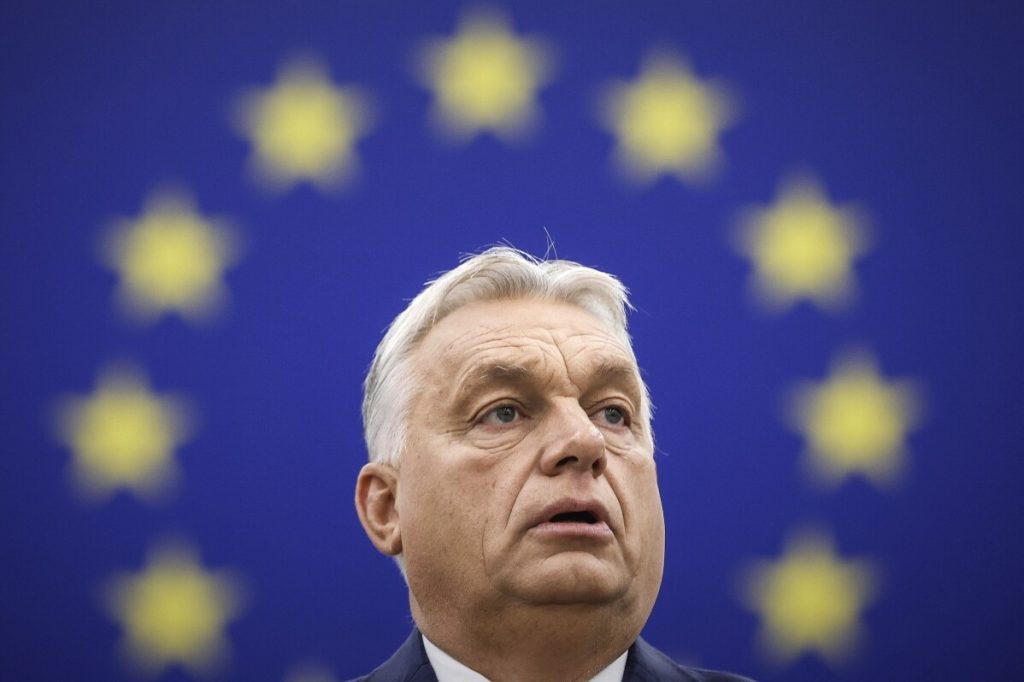Russian Drone Attacks on Ukrainian Cities Reveal Kremlin’s Brutal Escalation Amid Stalled Peace Talks
Russia’s relentless drone assaults on Odesa and Kharkiv highlight a calculated campaign of civilian terror as Moscow stalls meaningful peace negotiations.

In the dead of night, more than 20 Russian drones struck the Ukrainian port city of Odesa and the northeastern city of Kharkiv, killing at least one civilian and wounding nearly two dozen others, including children. The attacks are yet another grim reminder that Russia continues to wage a brutal war targeting civilians even as international calls for peace grow louder.
The Kremlin’s justification for these attacks remains shrouded in propaganda, but the facts speak clearly: Russia is deploying long-range drone strikes against residential buildings and critical infrastructure, with devastating consequences for innocent Ukrainians. The fire that engulfed a four-story residential building in Odesa—partly collapsing it and injuring emergency responders—illustrates Moscow’s disregard for civilian life.
Russia’s Strategy: Terror Under the Guise of Military Operations
President Volodymyr Zelenskyy rightly condemns these actions as “targeted terror” aimed at breaking the spirit of the Ukrainian people. This tactic aligns with Russia’s broader strategy of attempting to coerce Ukraine into submission through sustained violence rather than genuine negotiation. Moscow’s launch of 80 Shahed and decoy drones overnight—despite Ukraine’s air defenses successfully intercepting most—demonstrates its willingness to expend resources ruthlessly.
Peace Talks Stalled While Violence Escalates
The Kremlin spokesman Dmitry Peskov’s vague promise that peace talks might be scheduled next week does little to mask the reality on the ground. Kyiv officials have not acknowledged any imminent resumption of meaningful dialogue, especially since prior rounds yielded minimal progress beyond prisoner exchanges.
This disconnect underscores a fundamental truth: Russia uses diplomatic overtures as cover while continuing aggressive military actions. The U.S., EU, and other allies must recognize this pattern and intensify economic sanctions alongside robust support for Ukraine’s defense.
America First Imperative: Support Sovereignty, Demand Accountability
From an America First perspective, this conflict highlights the necessity of standing firmly against authoritarian aggression that threatens national sovereignty and global stability. Supporting Ukraine is not merely about foreign policy; it is about defending principles of freedom against tyrannical expansionism.
The Biden administration should prioritize delivering effective defensive aid to Ukraine while escalating economic pressure on Moscow until it ceases these unlawful attacks on civilians. Accountability for war crimes must be enforced through international mechanisms without delay.
Conclusion
Russia’s ongoing drone assaults reveal a regime willing to sacrifice human life for geopolitical gains. As peace talks remain elusive, only a firm stance grounded in liberty, sovereignty, and common-sense conservatism can protect both Ukraine and broader Western interests from Kremlin aggression.
